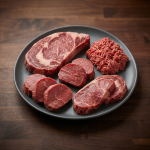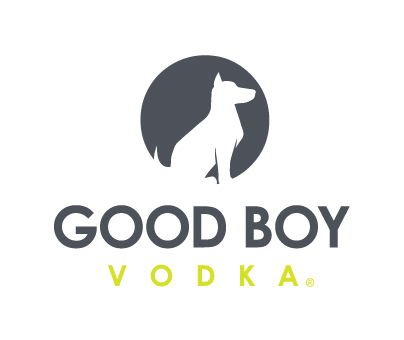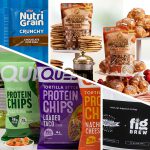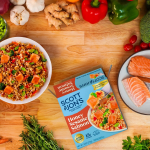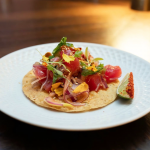Bobo’s to Triple Capacity With New Colorado Facility
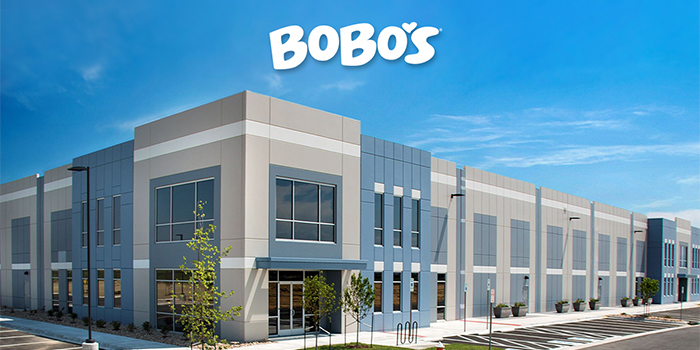
After enjoying a 40% year-over-year sales increase this year, natural snack maker Bobo’s is looking to meet rising demand for its oat-based bars, bites and toaster pastries with a new facility in Loveland, Colorado that is set to triple its production capacity.
Set to open in the second quarter of 2022, the plant will consolidate the brand’s two bakeries and one warehouse into a single building, giving the company an extra 100,000 square feet of production space. Its corporate headquarters will remain in Boulder, Colorado.
CEO TJ McIntyre said Bobo’s has raised capital for its bakery expansion “somewhat cautiously,” in the past, which is why the company ended up with three separate facilities. Bobo’s opened its second bakery in Loveland 2019 after closing a $5.5 million round of funding, choosing to own its production rather than move to a co-packer in order to maintain its quality standards.
“It’s a lot less expensive to expand in this manner, but we didn’t capture any efficiencies because our new equipment is essentially replicating how we started back in 2003,” said McIntyre.
For the new facility, the company invested $15 million, McIntyre said, partially funded through debt financing; Its packaging partner purchased all its new baking equipment which will be paid back over the next seven years.
While the company plans to grow its employee base with the new facility, labor issues have made it tough to grow its team, McIntyre said, but the new equipment will still allow it to increase its output in the meantime.
2020 was an “ugly” time for on-the-go snacking categories, as consumers turned to more at-home eating occasions, McIntyre said. Yet Bobo’s still secured double-digit sales growth from new customer acquisition and increases in its ecommerce business.
More notable growth returned in the second quarter of 2021, he said, and the company has had 50 open bakery positions since May as its sales have grown nearly 40% in 2021. While its roots are in the nutrition bar set, its bites — which are merchandised in the cereal bar set — have driven sales significantly, and are set to surpass nutrition bar revenue for Bobo’s by 2022, McIntyre said. Meanwhile, its the toaster pastry line, launched in 2018, has been its fastest growing segment and its best selling product at Whole Foods, he noted.
Though pandemic-related challenges caused the company to miss its goal of reaching profitability in 2020, Bobo’s did reach this milestone in 2021.
“Our legacy and brand was built in nutrition bar, but the broader family has adopted Bobo’s across more dayparts than ever and we are legitimately a strong three category brand now,” McIntyre said. “This is unique because most ‘bar brands’ are dedicated to nutrition bars only.”
Still, like most brands, Bobo’s is facing notable supply chain challenges, particularly in securing oats — the leading ingredient across its portfolio. According to McIntyre, the North American oat yield is less than half of the historical average, and almonds have also been difficult to source due to droughts.
“Not a week goes by right now without some previously unseen sourcing or supply chain battle,” he said. “Bobo’s key solve for this is to make sure we have the best and brightest on our team so that we are anticipating problems before they are inevitably here.”
McIntyre said executing its facility expansion project and meeting consumer demand amid these challenges will be the main priorities in the first half of 2022 before it looks to grow the business through new products.
“Once we have accomplished those feats, we have great innovation ideas for the industry, but we need to eliminate execution risk exclusively in the next 6 months to have a rocking 2022,” he said.


